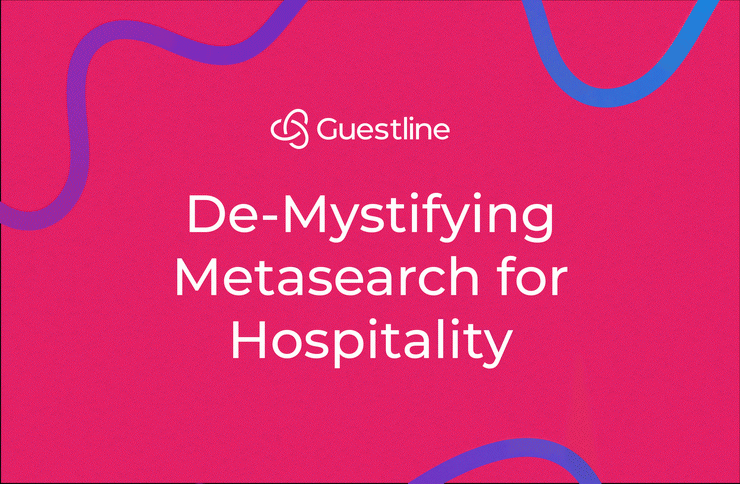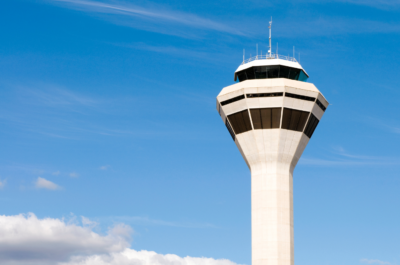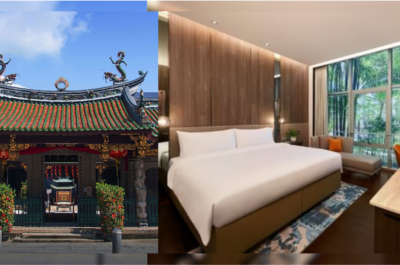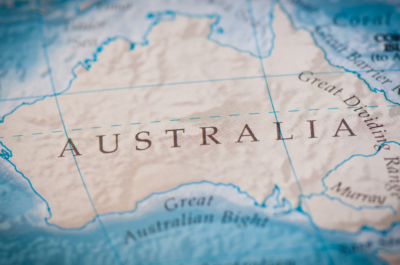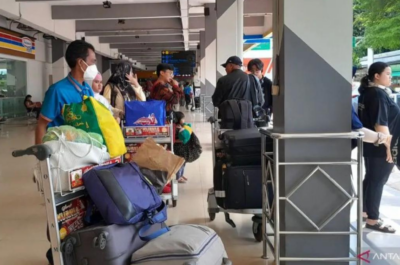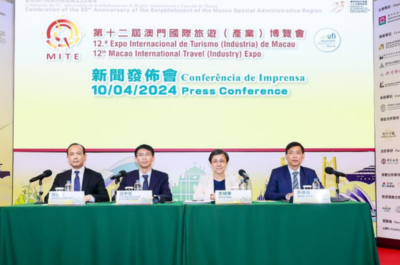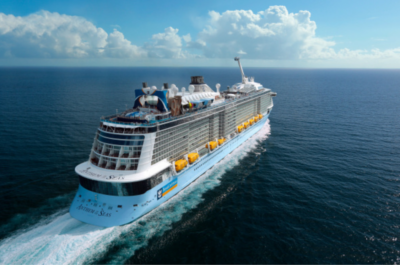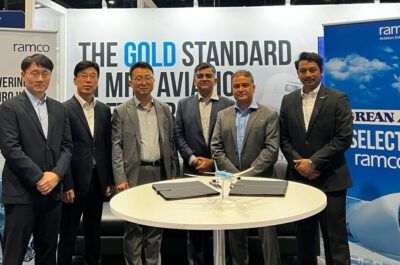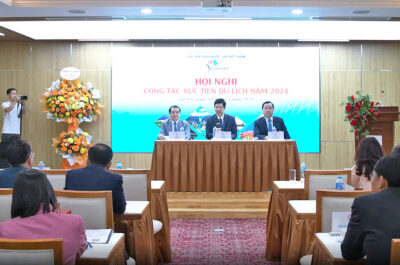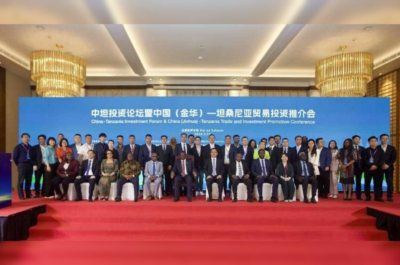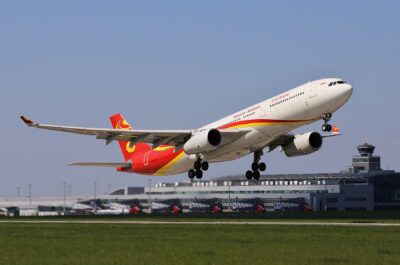By building metasearch into your online marketing strategy and ensuring a presence in the listings, you compete with OTA’s and third parties for clicks, driving traffic to your website and ultimately increasing your chances of a direct booking.
As one of the fastest growing sources of hotel bookings, metasearch has secured a place in the essential toolkit of the proactive hotelier. But while many are familiar with the general concept of metasearch, for many there is still some confusion about how it works, the benefits it can bring, and how to successfully integrate it into your online strategy. Here we answer some of hoteliers’ most frequently asked questions.
What is ‘metasearch’?
A metasearch engine (as they are more commonly known) is an online price comparison tool that combines data (in the case of hotels, the data is price and availability) from a number of different distribution channels. This information is aggregated and conveniently displayed for the consumer in one place.
Metasearch has been dominated over the last years by Kayak, Trivago, Tripadvisor and of course Google. They work by searching across all distribution channels – including OTA’s and your own website– to present availability and rates. Their popularity has been fuelled by the convenience they bring to the customer. They not only simplify the comparison of rates across many channels without having to visit each site individually, but with links straight into booking engines, they make the booking process a lot more straightforward.
How does metasearch work?
A traveller searches for a destination and desired dates on the metasearch platform and a list of rates from the available online channels will display- typically dominated by Booking.com, Expedia, and other OTA’s – with links direct to the booking engine. This allows the traveller to compare prices across a number of channels in one screen and click straight through to book with the channel of choice, often driven by the one offering the lowest price. By building metasearch into your online marketing strategy and ensuring a presence in the listings, you compete with OTA’s and third parties for clicks, driving traffic to your website and ultimately increasing your chances of a direct booking.
What will it cost me?
Most metasearch engines work on a Pay per Click basis, with a fee charged every time a link is clicked on, although many offer a commission model too in line with the OTA’s. No click means no payment although you will still benefit from increased brand visibility as your hotel name and website are displayed in the search results. Bids drive your positioning in the search returns – generally, the higher you bid, the higher the placement, although there are other determining factors, including rate offered, ad relevance and landing page quality. You manage the funds dedicated to your metasearch strategy, with the option of setting a maximum price per click and a total budget.
How can I optimise metasearch success?
With price the driving factor at this stage of the customer journey, rate parity is key to optimising success with your metasearch strategy. Triptease data shows that when your direct price is in parity or cheaper, bookings increase by 200% so an uncompetitive rate risks losing bookings to third parties. Fortunately, updating rates in your booking engine automatically updates your metasearch listing, ensuring you are providing live real-time availability and pricing at all times.
It is also important to ensure the metasearch platforms you work with are fit for purpose. As hoteliers, the engine needs to match what you are selling so a site like Google Hotels which has a stronger focus on accommodation will likely fit the bill much better. And as with all online advertising, conversion will very much be driven by the quality of the landing page. Ensure you link to a page in your booking engine that presents all information relating to the booking as clearly as possible to optimise conversion.
Okay, now I understand what metasearch is, but why is it so important to my online strategy?
Research indicates that up to 15% of hotel bookings are now driven by metasearch, so paying attention to your metasearch presence is key for hoteliers. ‘A healthy and managed metasearch strategy increases brand visibility, drives traffic to your website and increases direct bookings by allowing you to compete with OTA’s’, says Matthew Emptage, Guestline’s Country Manager, Thailand. ‘By supporting your direct booking strategy, bookings made via your own booking engine allow you to own the guest data and the guest relationship, ultimately building loyalty by offering a superior guest experience. Metasearch is a valuable tool for today’s hotelier.’
In addition, the seamless nature of metasearch, offering the option to book by linking straight to the booking engine, means a reduction in abandonment rates. Given these higher conversion rates, integrating metasearch is becoming an increasingly important pillar of any hotel’s online marketing strategy.
What are ‘Google Hotel Ads’?
Accounting for almost 60% of all metasearch reservations, Google Hotel Ads (Google’s metasearch product) dominates the metasearch space for hotels. Due to the huge proportion of bookings that start on Google.com, even just being present on Google Hotel Ads can be valuable in building brand awareness.
To get started with Google Hotel Ads, you need to set up a Google Business Profile (formerly called ‘Google My Business’). This enables hoteliers to present their brand on Google Search and Google Maps. See our previous article about how you can set up and optimise your Google Business Profile here
What are ‘Google Free Booking Links’?
One exciting and recent development is the launch of Google Free Booking Links in 2021, a way for hoteliers to compete with third parties for bookings and enhance their direct booking strategy free of charge. When a guest searches for an area or your specific hotel on Google they will see your hotel listed with a link to your booking engine. The free links usually show below the paid metasearch links and there is no cost to the hotelier for a presence here or when the link is clicked on. The initiative was designed to help hoteliers who don’t have the budget to compete with OTA’s on the paid metasearch options. For optimal online presence, free booking links ideally should be combined with paid metasearch but even used on their own, are a free and valuable tool to enhance your online visibility.
To support the launch of Google Free Booking Links, Guestline launched their integration with Google in March 2022, meaning hoteliers using the Guestline Booking Engine (Direct Booking Manager DBM) can benefit from free booking links to support their direct booking strategy. In addition to a Guestline DBM, hotels need to also have an active Google Business Profile.
Find out more about how Google Free Booking Links can boost traffic to your website and drive bookings at no additional cost to you here.
To find out more not only about metasearch but also other digital tools and strategies that can boost your online strategy, download our ’Ultimate Guide to Digital Commerce’ here
And don’t forget, you can find out more about how Guestline can support your online strategy and recovery at the upcoming Food and Hospitality Thailand Exhibition, Queen Sirikit National Convention Centre, Bangkok on 21-24 September. More details HERE.
Tharin is the Business Development Director, APAC for the global hospitality technology company, Guestline. With an extensive background in hospitality, Tharin has many years of experience in both technology and the hospitality industry.













